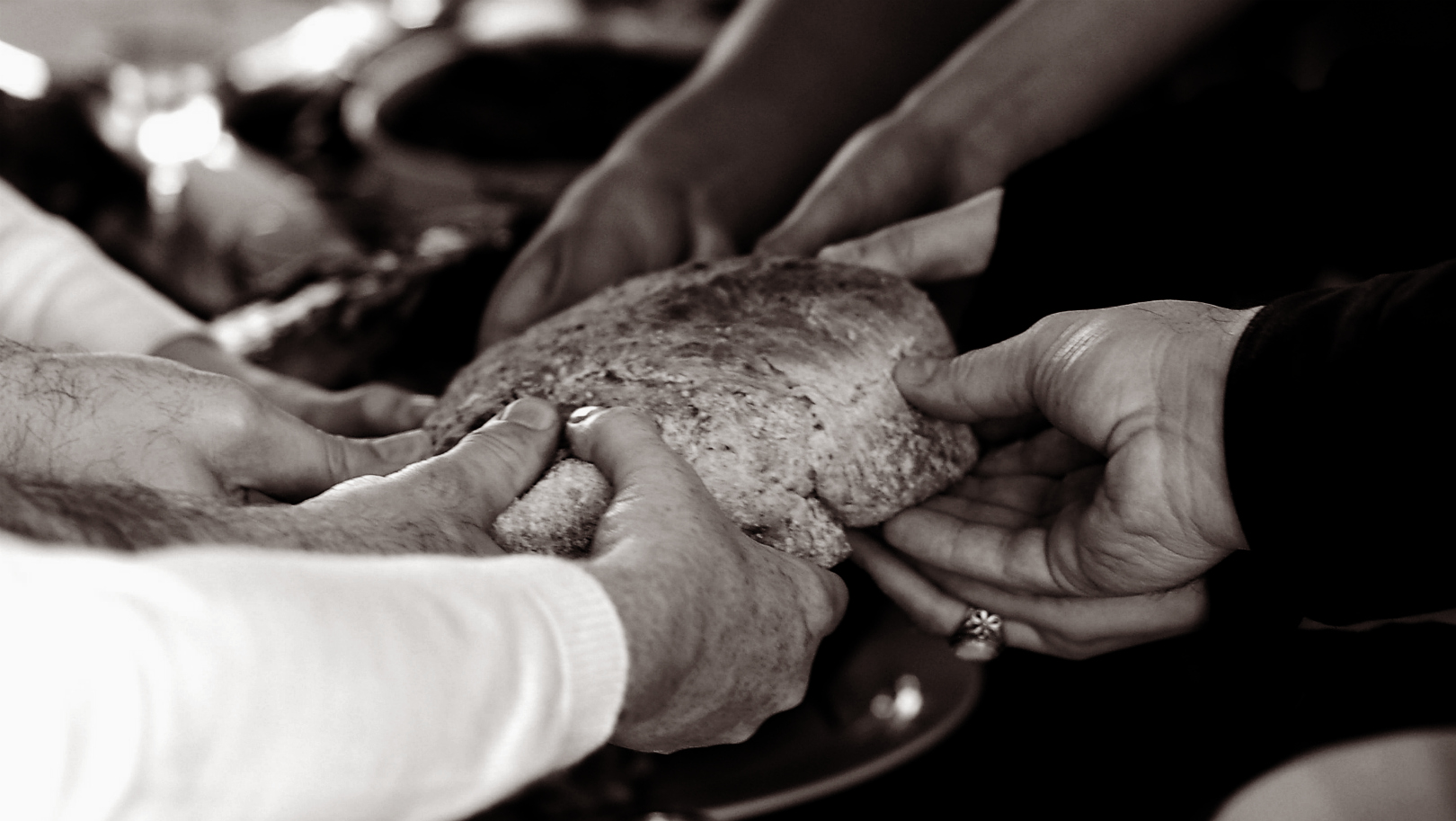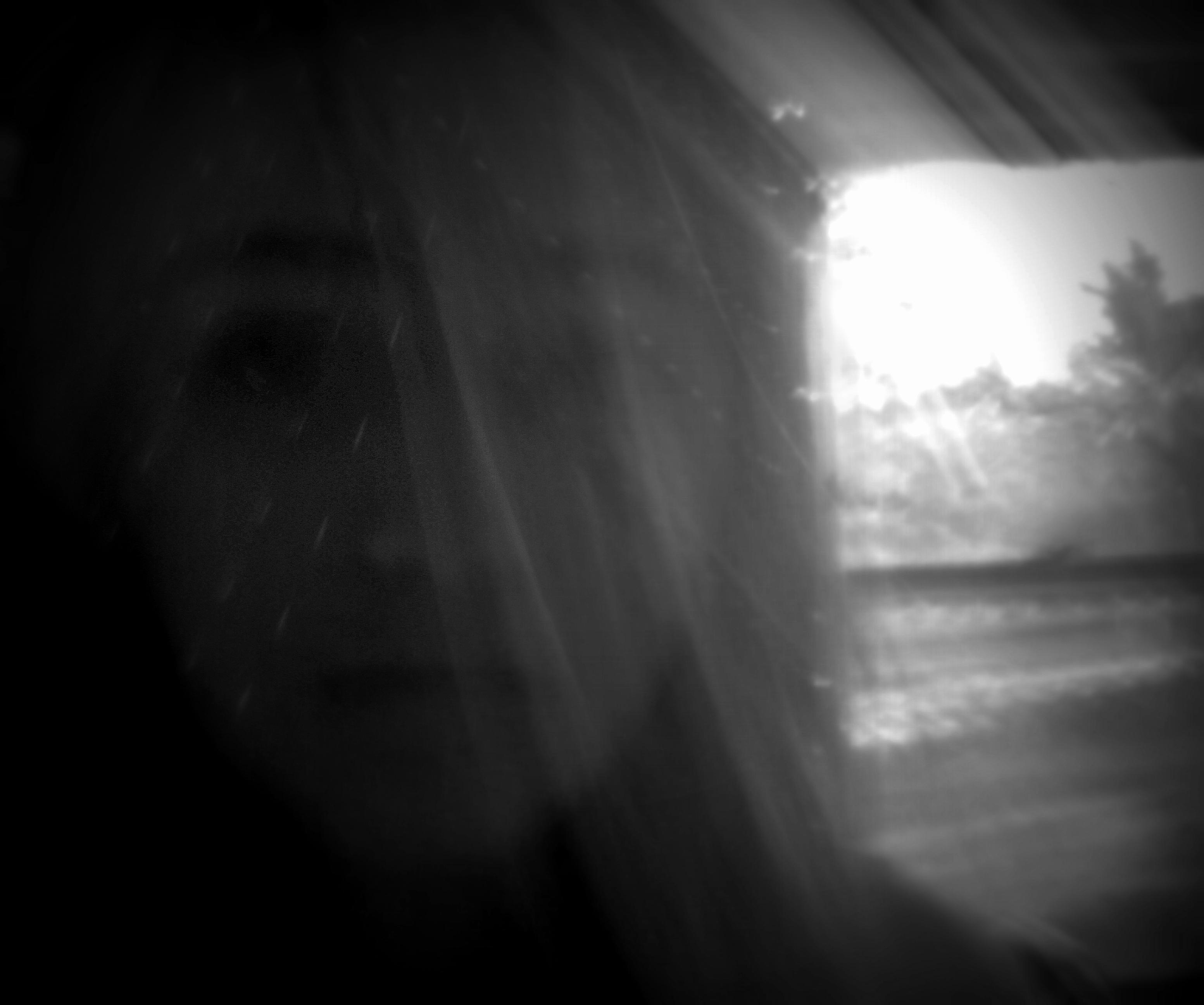 These words have leaked out of me, like tears trickling down the crevices of my heart.
These words have leaked out of me, like tears trickling down the crevices of my heart.
It’s been an all-consuming few weeks. I owe friends updates, but it feels as if there’s no space for conversation when I’m taking in heaving breaths of air just to survive and dodging sorrow’s persistent arrows.
At the same time.
Time is in such a hurry, glaring at me as it rushes by. Other’s opinions are strong; swift and sharp like missiles: and advice flows so easily, that supposedly isn’t personal. Then a trustworthy and brilliant doctor tells me that I don’t have to be perfect. Of course I am not perfect, I think to myself. But it’s nice to hear a professional say that “you can stop trying so hard” and acknowledge that we cannot fix anything anyhow. It’s nice to know that I can stop but I’d like to see him try to get off this train. 
1.
I’m a home-grown perfectionist partly from a critical upbringing. (That is no surprise to regular readers.) This has shaped me and made me who I am.
All my life I believed that if I tried harder, sweltered and burned through the workout of life, ran harder and tougher, perspiring and aching with my heavy burdens, then I Would Find God’s love, Feel It Finally.
The assumption was that life is hard. But I sought perfection in adversity. I’d become the perfect person for my husband and for my kids and for my siblings and for my mother. And for my dead Father, and for God, I’d finally Become Worthy. And then I’d feel Good Enough. Truth is, though there is no If,Then kind of promise from God or Life. A promise not really spoken by anyone anywhere, a false hope that a child of a raging parent needs, to believe—if I do this, he will … what?? —Stop yelling. —Stop raging. —Stop his anxious, relentless criticism. —Be happy with mamma, be happy with my sisters, and be happy— with me. Or simply be happy? He was a good Dad; He was bad I wrote long ago. If that’s the case then I am too. Both Good and Bad. My aim was always perfection.
Put your oxygen mask on first should be the advice given to every new parent in those first days when you’re learning the art of diapers and tight swaddling. Save yourself. 
2.
The trustworthy and brilliant doctor asked “how are you both doing” and at the same time, same song with different notes, I answered Terrible and he replied Good. Our therapist laughed a little, allowing Tom to go on. But like a great therapist, he circled back around to my Terrible. I looked away from his piercing eyes, because I haven’t said that out loud in a while.
And I’m afraid if I give it space, a crack in the universe will open and, my grief will come screaming out. I’m in control, but holding in that Terrible makes me numb. I’m doing the job of motherhood and dying of pain inside. I’m not supposed to show my weakness and it’s indulgent to let others know how much I hurt when the others are children. Or school professionals and doctors wanting to help our family cope. Hold it in, if you can.
How are you? I’m asked dozens of times a week and the answer must be fine. I’m holding it all in and then the trustworthy and brilliant doctor looked me in the eye.
Skirting his gaze that is boring into me, I focus on his strange lamp—a clarinet turned into something that no longer makes music—how sad, a clarinet that no longer croons. Wretched, both, the instrument turned lamp and I.
I’m heavy with despondency. My cheeks burn red with heat, the toll of trying to control my emotions. My tears disobey my order slowly dripping down my cheeks. I’m staring at the wall and the sad clarinet that no longer sings.
3.
A person with anxiety or depression, they sometimes get that way from trying to control too much. Believing they can control outcomes, control people, control themselves and circumstances enough to make all the things work out, but real life isn’t like that. Controlling all that is a mind numbing mess. And the more you try the harder it is to feel anything.
Then a trustworthy and brilliant doctor, he said, “It’s alright you don’t have to do anything. There’s no magic answer. There’s no perfect choice nor will “enough” perfect choices make you all healthy and thriving.”
4.
Recently I attended Pulse, a conference for artists, at my church. I felt honored to have been asked to write a poem for the program. It’s here.
I should not have gone to Pulse. Even in the midst of the ache of our circumstances it was a calendared reminder that we were in this crisis two years ago at the last Pulse. And this tidal wave of events hasn’t stopped for a moment; it has been relentless and crushing for all those months, hours, minutes.
I went heart aching, sleep deprived, hurting, spirit crushed and of course feeling critical. Not a great formula. Not a great day. There were no momentous one-on-one conversations or amazing-prophetic-just-for-me-words spoken, only more lonesomeness and sadness in a crowd. But one must choose to keep on living even though you’re experiencing the hardest times of your life. You have to keep pretending you are alive, and it’s not cheating. Be open to healing. Keep going, heartbroken.
 5.
5.
Day after day, my depressed brain says lay down. So I get up, again. Night after night, I pop the right combination of prescribed medication to sleep, waking daily at 5:40 am to foggy and desolate despair before I get up again. Get up. Keep moving. But don’t pretend that the casual “Hi, how are you?” is an opening to tell your problems.
Perhaps it is only here, where people are a captive audience, I can let the words and heartache flow. Most people cannot enter into the darkness of our lives now and I’m not totally not sure why. In the improvised dogmas of other’s lives, our anguish is too much. In a way, I get it. I’ve been there knowing people’s heartache and not having the courage to follow-up. I get it. I keep moving too.

6.
I’m not living in the Light but I’m watching for glimpses of it every day. The gift of quiet solitude is time to see the shadows moving across the wall and capturing a moment, beautiful but never to be seen again. My philosophy is see the beauty in a light filled moment, quickly. Before another call from another so-called expert comes. And I lie down again and see in the window, a twinkling that is different from the one moments before. Holding on to these seconds of tranquility, then I get up again, pick up the phone and make another call. Always searching for answers. Then the trustworthy and brilliant doctor says finally, in that quiet hour with just us two, that we can both stop striving so hard for answers. There’s no fix. There’s no answer, perfect or otherwise. A final fixing when we’ll suddenly be done. That’s the heavy grief and the answer for now. And, help yourself and in doing so you’ll become the parent your kids need.
7.
I can feel my heart heavy and tight in my chest. Then it comes to me, the thought that Jesus on the Cross experienced everything real to us humans, including mental illnesses like anxiety and depression and bipolar and all. On the cross, that’s what Jesus did. Jesus took it for us all.
8.
No, I cannot join you in the happiness of Light, enjoying casual encounters or live music, feeling the anticipation of love or joy of birthday milestones, no laughing hard at jokes, or knowing the thrill of spiritual mountaintops – I cannot join you there. I listen, I am physically present, and I might even laugh but I don’t feel it. Even laughter tastes bitter on my tongue. I am living in the shadow lands of unremitting lonesomeness and I sit here. I am waiting for it all to end. But that’s just it. I have to learn that finding my oxygen mask is to save myself and in doing so it will save them.
When the trustworthy and brilliant doctor said it, something resisted. Our lives are on a careening train but I’m supposed to jump off, save myself and watch the crash? No.
“You cannot stop this train. Save yourself,” he said. And,“The only way you can help your child is to save yourself.” And later, “Know that no one around you is going through what you are: no one, none of your neighbors or friends, can possibly understand nor will they ever have any idea of the depth of this sorrow you carry.”
9.
And so I go on. Watching for patterns in the sunshine and shadows, for lessons, for language, for hope, for rhythms that show me God’s order in the midst of this unrelenting sting. Light beckons the heart toward hope.
Ya'll, thanks for sharing.

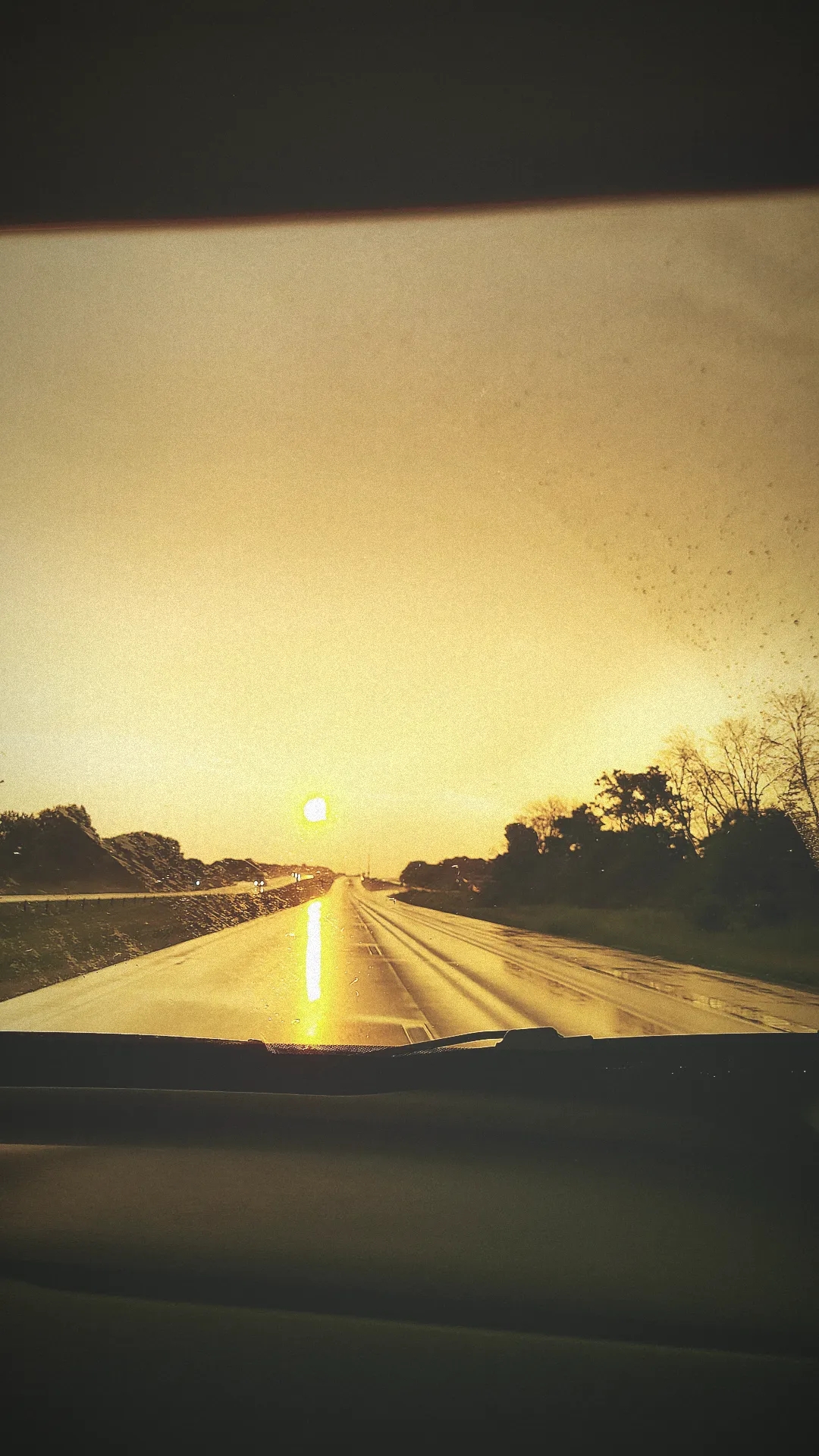




 1.
1.
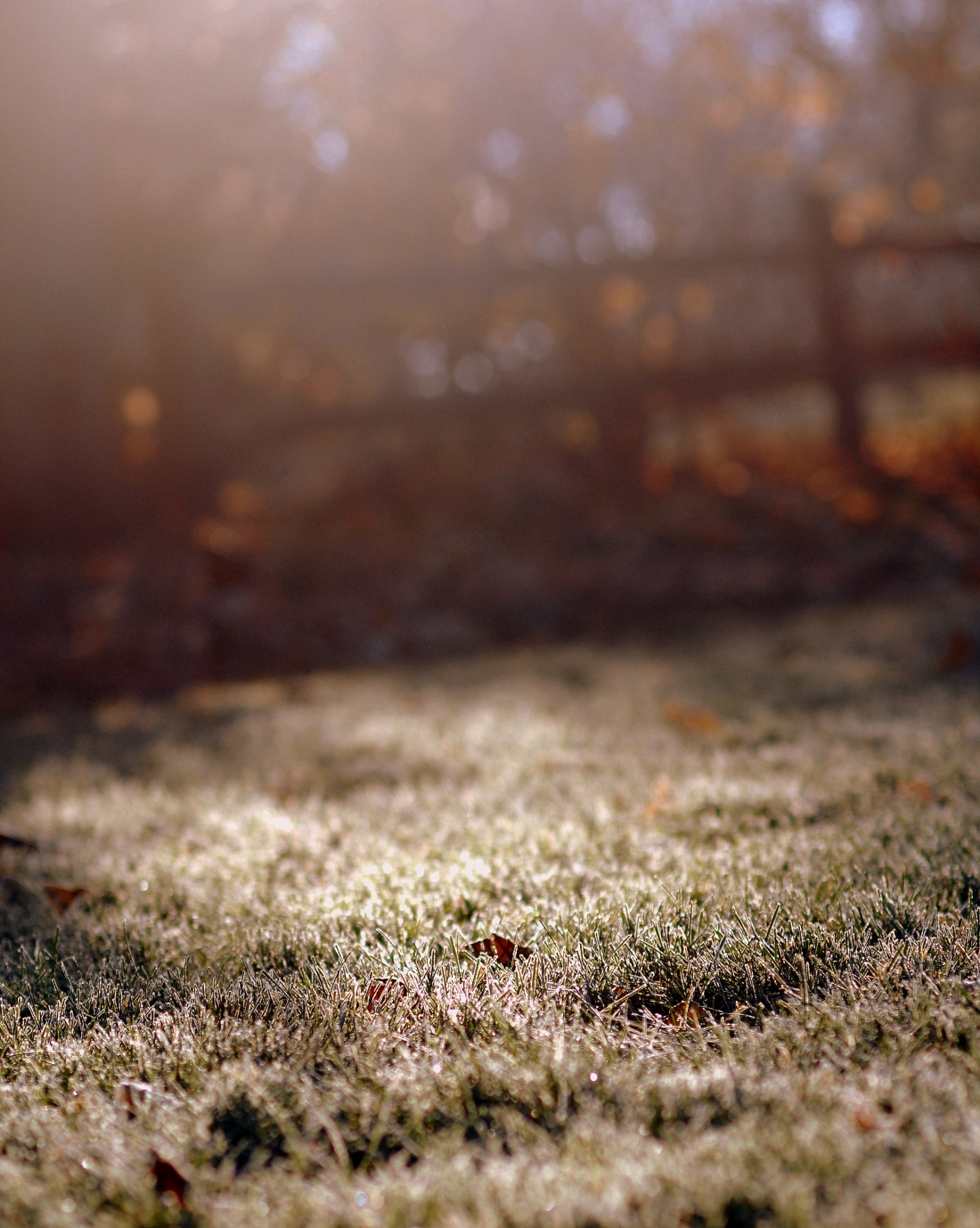
 on one level, her day-to-day life had become solemn and ordinary;
on one level, her day-to-day life had become solemn and ordinary;
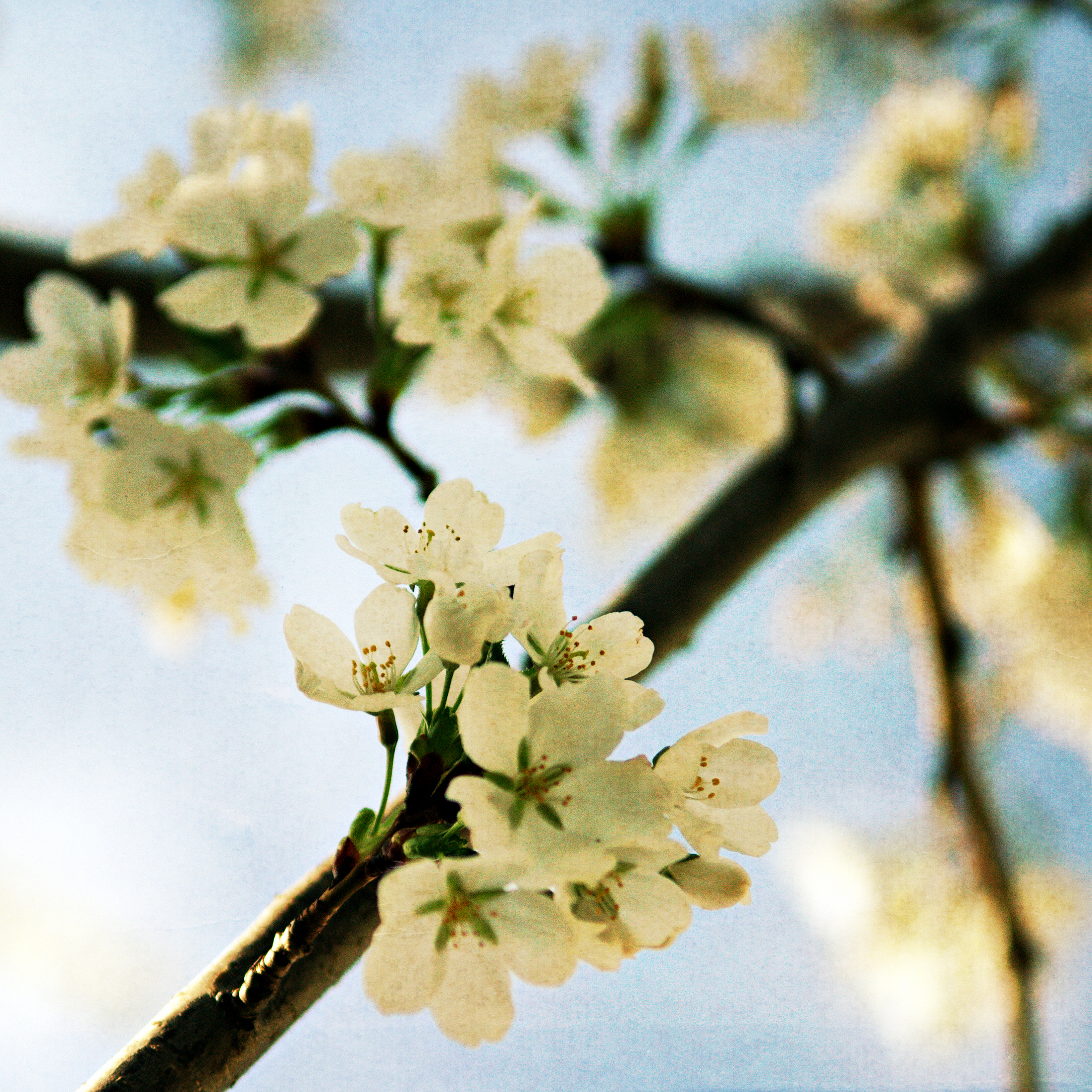
 These words have leaked out of me, like tears trickling down the crevices of my heart.
These words have leaked out of me, like tears trickling down the crevices of my heart. 

 5.
5.
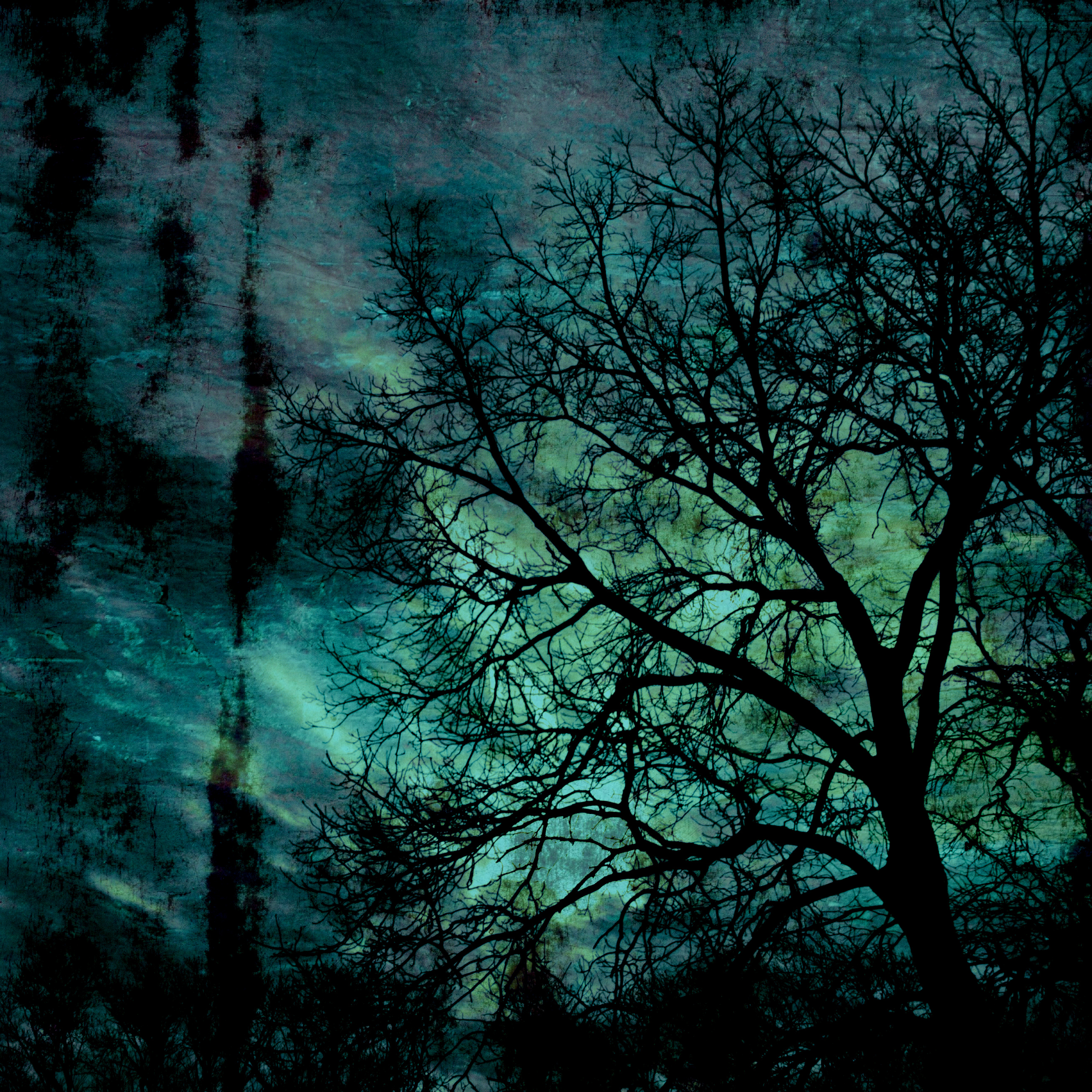

 by those “high school” type feelings, don’t we all simply want connection? Social media feeds that anger and pride and envy in me.
by those “high school” type feelings, don’t we all simply want connection? Social media feeds that anger and pride and envy in me.